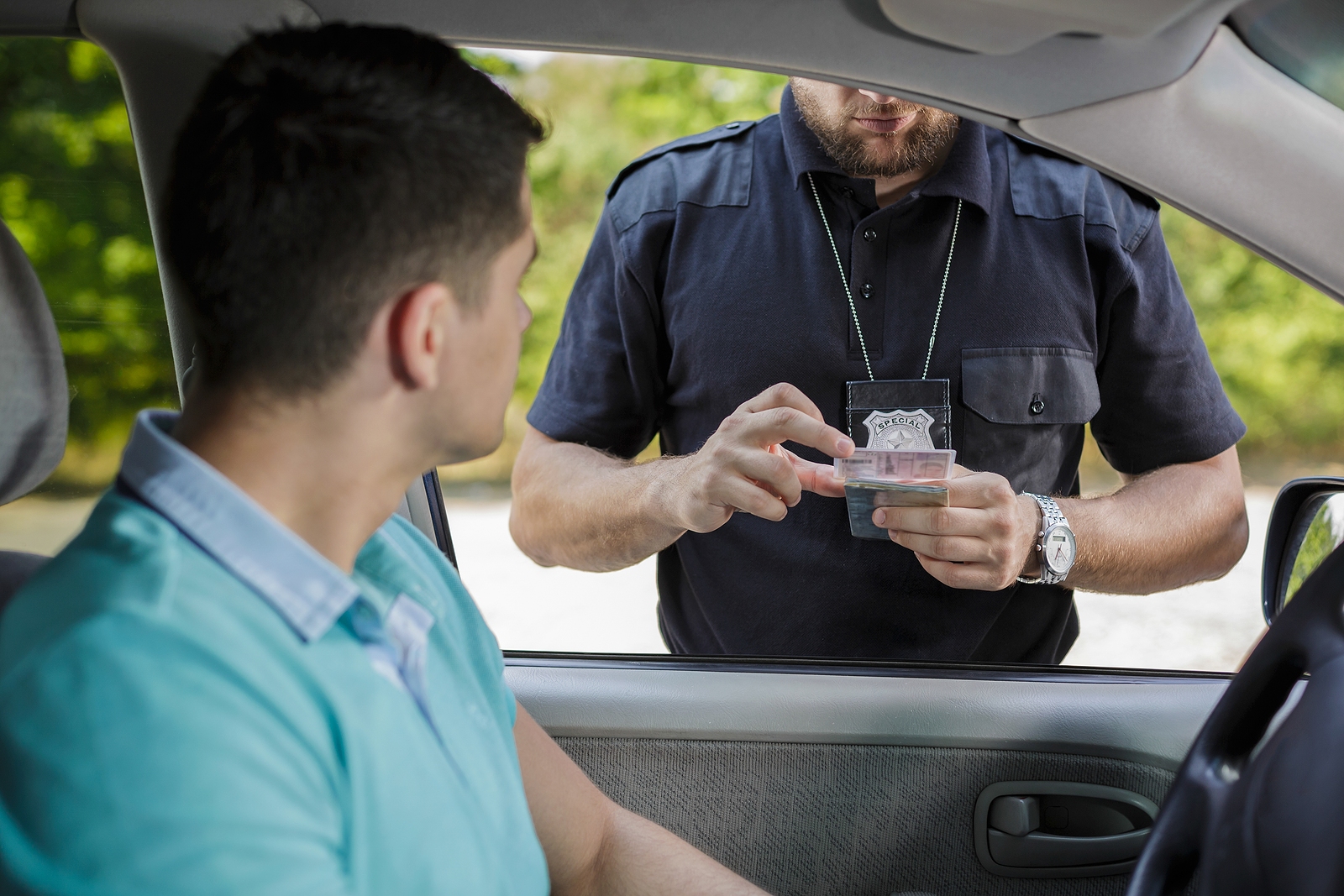An Administrative Per Se Hearing and Your DUI Defense
If you have been arrested for driving under the influence (DUI) in California, you will face two separate legal battles. One is held in criminal court, and another is in front of the Department of Motor Vehicles (DMV) in an Administrative Per Se (APS) hearing.
Understanding the role of the APS hearing and how it connects with your DUI defense is crucial for safeguarding your rights and driving privileges.
What Is an Administrative Per Se Hearing?
An Administrative Per Se (APS) hearing is a process initiated by the California DMV following your DUI arrest. It focuses solely on your driving privileges rather than any criminal liability. The hearing is automatically triggered if you are arrested for DUI with a blood alcohol concentration (BAC) of 0.08% or higher or if you refuse a chemical test after being arrested.
The purpose of the APS hearing is to determine if your driver’s license should be suspended or revoked based on evidence of your BAC or refusal to take a chemical test. While the APS hearing is entirely separate from the criminal DUI case, the two proceedings often overlap in significant ways.
How the Administrative Process Begins
Upon arrest for a DUI, the police officer will confiscate your driver’s license and provide you with a valid temporary license for 30 days. This temporary license gives you a brief window to continue driving while you prepare to challenge the suspension of your driver’s license.
You must request an APS hearing within ten days of your arrest to challenge the automatic suspension. If you don’t request the hearing within this period, your driving privileges will be automatically suspended after the 30-day grace period expires.
What Happens During an APS Hearing?
The DMV schedules the APS hearing, which is conducted by a hearing officer rather than a judge. The hearing officer works for the DMV. Unlike criminal court cases, there is no jury, and the rules of evidence are more relaxed.
The hearing officer will review the arresting officer’s report and any evidence you present. They may hear testimony from witnesses. You and your attorney may challenge the evidence, present defenses, and cross-examine witnesses. If the DMV finds sufficient evidence, your driving privileges will be suspended or revoked depending on the offense’s severity and whether it’s a first-time or repeat DUI.
The Potential Outcomes of an APS Hearing
There are generally three outcomes of an APS hearing.
No Suspension
If you successfully contest the DMV’s evidence, your license will not be suspended, and you can continue driving without restriction.
Suspension
Your license will be suspended if the DMV finds sufficient evidence to support the allegations. The length of the suspension depends on whether this is your first DUI or a repeat offense and whether you refused to submit to a chemical test.
Restricted License
In some cases, even if your license is suspended, you may be eligible for a restricted license that grants driving privileges to and from work, school, or a DUI treatment program.
How Does the APS Hearing Affect Your DUI Defense?
Although the APS hearing is separate from the criminal DUI process, it can impact your DUI defense.
Loss of Driving Privileges
The immediate concern for most drivers is the loss of driving privileges. While the criminal court may eventually impose penalties like fines, probation, or even jail time, the APS hearing determines whether and when your driver’s license will be suspended. If you lose at the APS hearing, your driving privileges may be suspended long before your criminal case is resolved. This can create hardships for attending court dates, working, and fulfilling other daily obligations. In many cases, fighting charges at the APS hearing is as important as defending yourself in criminal court.
Evidence from the APS Hearing May Benefit Your Criminal Case
The APS hearing can serve as an opportunity to gather information and preview the evidence that will be used in your criminal DUI case.
For instance, the arresting officer’s report or testimony at the APS hearing may reveal weaknesses in the prosecution’s case. If inconsistencies are uncovered during the APS hearing, your attorney may use these to challenge the charges in criminal court.
Burden of Proof Differences
A critical distinction between the APS hearing and the criminal DUI trial is the burden of proof. In a criminal trial, the prosecution must prove your guilt beyond a reasonable doubt. However, in an APS hearing, the burden of proof is lower. The DMV only needs to demonstrate that it is more likely than not that you were driving with a BAC of 0.08% or higher.
This lower standard means that even if you win your APS hearing and avoid a license suspension, you may not be acquitted in criminal court. Conversely, losing at the APS hearing does not mean you will automatically be found guilty in criminal court.
The Importance of Legal Representation
Navigating the APS hearing and the criminal case can be complex and overwhelming. Experienced legal representation is important for protecting your rights.
Patrick Silva, Attorneys at Law Protects Your License and Your Rights after a DUI
If you’ve been arrested for DUI in California, time is running out to save your driving privileges! You only have ten days to request a DMV Administrative Per Se (APS) hearing to fight for your license. Patrick Silva, Attorneys at Law fights for you every step of the way. We challenge the evidence, cross-examine witnesses, and uncover weaknesses in the DMV’s case. Don’t risk losing your license or facing harsh criminal penalties without the proper defense. Call 909-500-4819 for a free consultation.




